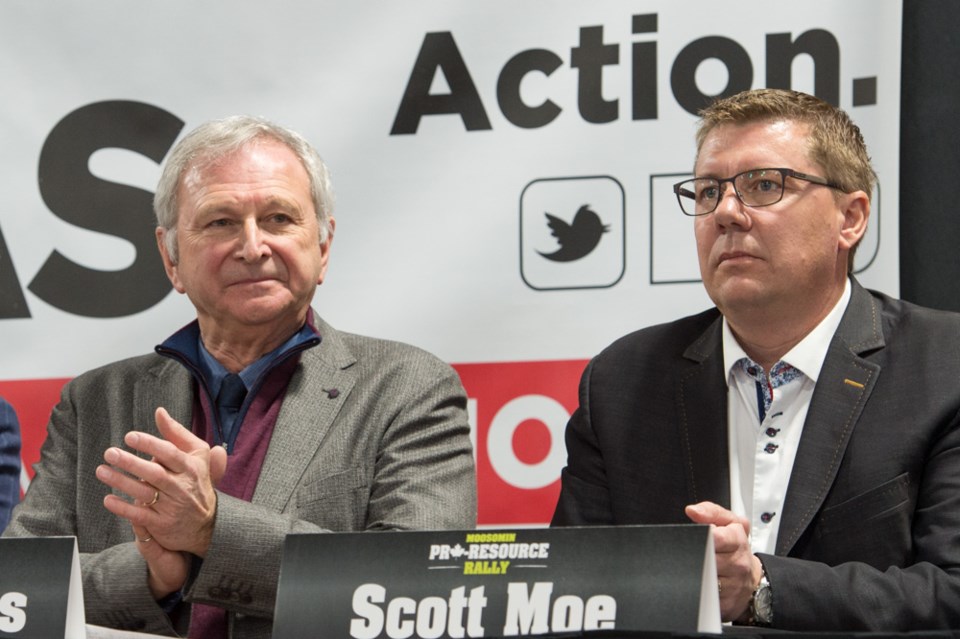Washington – Premier Scott Moe’s been spending a fair bit of time with New Brunswick Premier Blaine Higgs recently, except instead of rallying support for the Energy East Pipeline in Moosomin, the pair were in Washington, D.C. along with Ontario Premier Rob Ford. They were in Washington on Feb. 22 to attend the winter meeting of the National Governors Association (NGA) along with a Council of the Federation (COF), Canada’s premiers.
Moe spoke to Saskatchewan reporters by phone on Feb. 22.
The Saskatchewan premier said they were advocating for the new free trade agreement between Canada, United States and Mexico, and wanted to see the end of the American tariffs on Canadian steel and aluminum. Those tariffs are impacting steelmaking and manufacturing in Saskatchewan, and have the potential to affect the Saskatchewan uranium industry and the nuclear power industry in the United States.
Regina is home to the EVRAZ steel and pipe mill, and much of its product is used in the energy industry, including big-inch pipe for large pipelines and oil country tubular goods.
Moe’s comments included numerous Saskatchewan manufacturing facilities, particularly in the agriculture sector, that are being impacted by the tariffs.
Moe spoke of a competitive and sustainable North American economy. He pointed out 55 per cent of Saskatchewan exports are to the U.S., and 85 per cent of our imports are from the U.S.
“It is my hope, as we head toward ratification between the three partners, Mexico, the U.S.A and Canada, hopefully in the next number of months, that we’ll be able to work feverishly
“We need, for our North American economy to remain competitive, we need to work through these tariffs and we need to do it sooner rather than later.”
“What steel and aluminum tariffs essentially do are make goods more expensive,” Moe said. This includes agricultural equipment made in Saskatchewan. A tariff is paid on the raw steel coming into Canada, and then on the final product going out, hitting it both ways.



